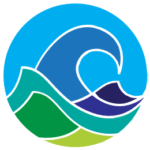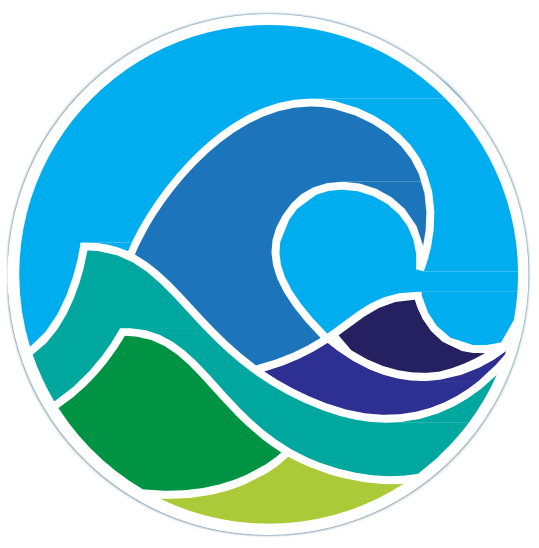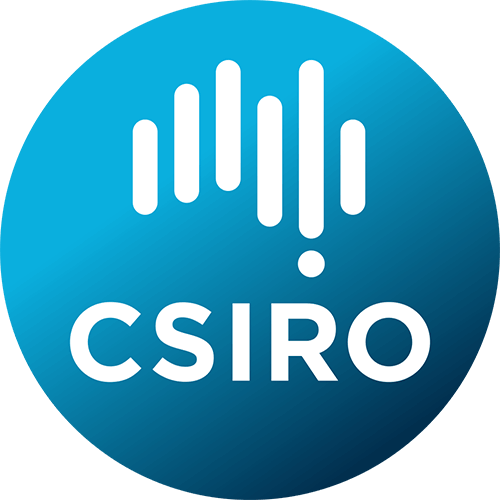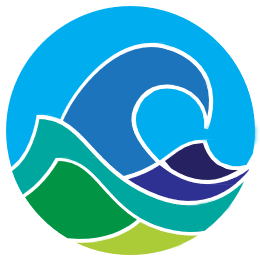Contact Us
#futureseas2030
The United Nations has declared 2021-2030 as the UN Decade of Ocean Science for Sustainable Development.
The objective is to motivate international efforts aimed at improving ocean health by providing the science necessary for sustainable development of the oceans - to underpin ‘The ocean we need for the future we want’.
Download FlyerThe objective is to motivate international efforts aimed at improving ocean health by providing the science necessary for sustainable development of the oceans - to underpin ‘The ocean we need for the future we want’.
This coordinated effort is urgently needed as demands for natural resources continue to escalate, and society is faced with managing these demands in the face of unprecedented environmental changes.
The core emphasis of the UN Ocean Science Decade is to generate the knowledge and data to support sustainable development. However, major transformations are needed to create a sustainable future for our state, region, country and the planet. Such transformations are reliant on more than ‘just’ additional data and knowledge. Moreover, public support for science is at an all-time low and the science-policy gap is growing. “The ocean we need for the future we want” requires scientists and decision-makers to identify how to facilitate the use of available science and encourage the uptake of behaviors
–at individual, local and global scales - that will leverage greater environmental benefit.
The core emphasis of the UN Ocean Science Decade is to generate the knowledge and data to support sustainable development. However, major transformations are needed to create a sustainable future for our state, region, country and the planet. Such transformations are reliant on more than ‘just’ additional data and knowledge. Moreover, public support for science is at an all-time low and the science-policy gap is growing. “The ocean we need for the future we want” requires scientists and decision-makers to identify how to facilitate the use of available science and encourage the uptake of behaviors
–at individual, local and global scales - that will leverage greater environmental benefit.
What is Future Seas?
A UNIQUE COLLABORATION, spearheaded by the Centre for Marine Socioecology, of over 100 researchers from the University of Tasmania (UTAS), the Commonwealth Scientific and Industrial Research Organisation (CSIRO) and other institutions. Within UTAS, members come from the Colleges of Arts, Law and Education, Health and Medicine, and Sciences & Engineering (specifically the Institute for Marine and Antarctic Studies and the School of Technology, Environments and Design). The collaboration includes psychologists, public health and education experts, philosophers, ecologists, oceanographers, climate modelers, economists, social scientists, engineers, information and communications technology researchers, and social scientists, as well as governance, law and policy experts.
Approximately 40% of the group are PhD students and Early Career Researchers, providing an excellent opportunity to train and mentor the next generation of interdisciplinary researchers.
In addition to the Australian-based researchers we are pleased to have involvement and collaboration with Indigenous representatives from around the world to define and lead the drafting of their own ‘key challenge’ for the oceans, as well as contribute much needed perspectives to the other challenges. Read more about the Traditional and Indigenous Working Group participants here.
Approximately 40% of the group are PhD students and Early Career Researchers, providing an excellent opportunity to train and mentor the next generation of interdisciplinary researchers.
In addition to the Australian-based researchers we are pleased to have involvement and collaboration with Indigenous representatives from around the world to define and lead the drafting of their own ‘key challenge’ for the oceans, as well as contribute much needed perspectives to the other challenges. Read more about the Traditional and Indigenous Working Group participants here.
Among the main products of this collaboration is a SPECIAL ISSUE in Reviews in Fish Biology and Fisheries, with 12 journal articles each addressing a key challenge for the UN Ocean Sciences Decade, and 2 summary papers exploring the lessons learnt across the key challenges. A Preface, an Introduction and a Methods article provide information on our approach and frame the Special issue.
The Future Seas 2030 initiative is listed as a voluntary commitment for the UN Oceans conference in June
Learn More
future seas
FUTURE SEAS is a unique collaboration , spear-headed by the Centre for Marine Socioecology, of over 100 researchers from the University of Tasmania (UTAS), the Commonwealth Scientific and Industrial Research Organisation (CSIRO) and other institutions
Contact UsOther Links
Project flyerPartners
Copyright 2026 Future Seas.







